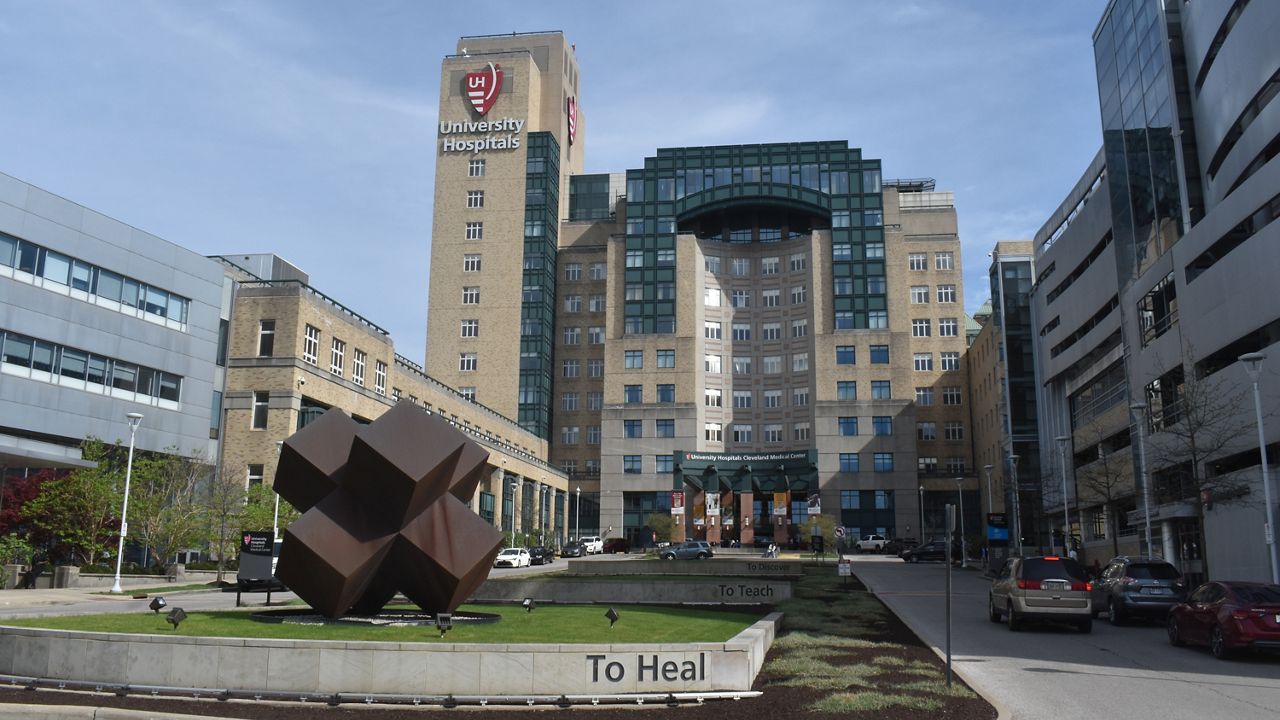CLEVELAND — University Hospitals has partnered with various organizations for a $1.3 million pilot project focused on “improving emergency response in the eastern suburbs of Cleveland for those experiencing a mental health crisis.”
The project, which launched on July 15, trains Geauga County and Chagrin Valley dispatchers on questions they can ask 911 callers to determine if they’re dealing with a mental health crisis, according to a UH press release.
If the dispatchers are dealing with a mental health crisis, the training also helps them determine the best response, “whether that involves medical care, a police response or a mental health-focused response.”
UH’s chief operating officer, Paul Hinchey, said 911 is the first point of contact for those in need and for those going through a mental health crisis.
“We know there is an increased need for mental health services, and firefighters, paramedics and police officers are often asked to respond to situations where another option might be more appropriate,” Hinchey said in the release. “These 9-1-1 centers are leaders in their efforts to serve their citizens. They are part of only a few programs in the country that have the ability to recognize a behavioral health emergency and offer a fourth response option to better serve their community and to support their first responders. This program will help our neighbors, friends and relatives get the kind of help they need when they need it.”
The director of the Chagrin Valley Dispatch, Nick DiCicco, said everyone knows someone who struggles with mental health and how hard it can be for them to get the right help quickly.
“This program will help us better support the residents we serve while also keeping first responders safer,” DiCicco said in the release.
Funding for this program comes from the American Arbitration Association and the Sosozei Foundation, according to the release, with the training developed through a partnership with Meadows Mental Health Policy Institute.
“Those with mental health crises live everywhere. This is not just a problem isolated to a certain demographic, location or social class,” said Brandon Reed with the Geauga County Department of Emergency Services in the release. “This program will assist first responders to better identify and respond to calls of persons in crisis.”



